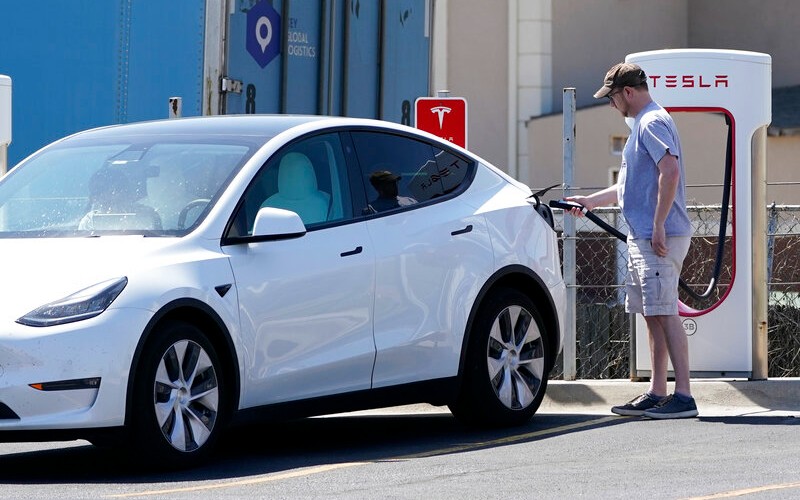According to the AI Lab at Biola University, its mission is to “engage and experiment with AI in a way that reflects the Christian commitment to moral and ethical discernment, human dignity, and the unique capacities inherent in the image of God.”
Dave Bourgeois, director of the AI Lab, tells AFN the purpose is to put ethical fences around the technology that can redeem it for the gospel.
“AI of the future is going to continue to improve and get better,” he says, “and it's important for us all to at least understand it and not fear it.”
Artificial Intelligence, a branch of computer science, simulates human intelligence in computers. For many Americans, AI may be most often viewed when trying to solve problems through Internet searching. It’s not uncommon in the first layer of customer service, for example, to reach a “chatbot” that will try to steer customers to Internet links of helpful articles that may answer their questions before they speak to a real person.
For most people, the first introduction to AI was a fictional one in James Cameron’s Terminator franchise. He imagined a future corporation, Cyberdyne Systems, that created the world-ending SkyNet computer system.

Elon Musk, the brilliant billionaire behind Tesla and Space X, similarly warned last year that AI’s abilities were outpacing the human beings in charge of it. He urged innovators to slow down on the technology or risk a SkyNet-like future.
According to Bourgeois, himself a Biola math grad with a doctorate from Claremont in information systems, the very first fence involves imago Dei. One key goal is to make sure AI serves those who are created in the image of God rather than the other way around.
He compares AI’s ground-breaking technology to the first printing press and Johannes Gutenberg, the German inventor and his invention of moveable type. People who know their world history, and their Church history, know why that technology changed the world.
“We want to use AI in ways that allow humans to thrive,” Bourgeois says, “not ways that take away or diminish us.”







